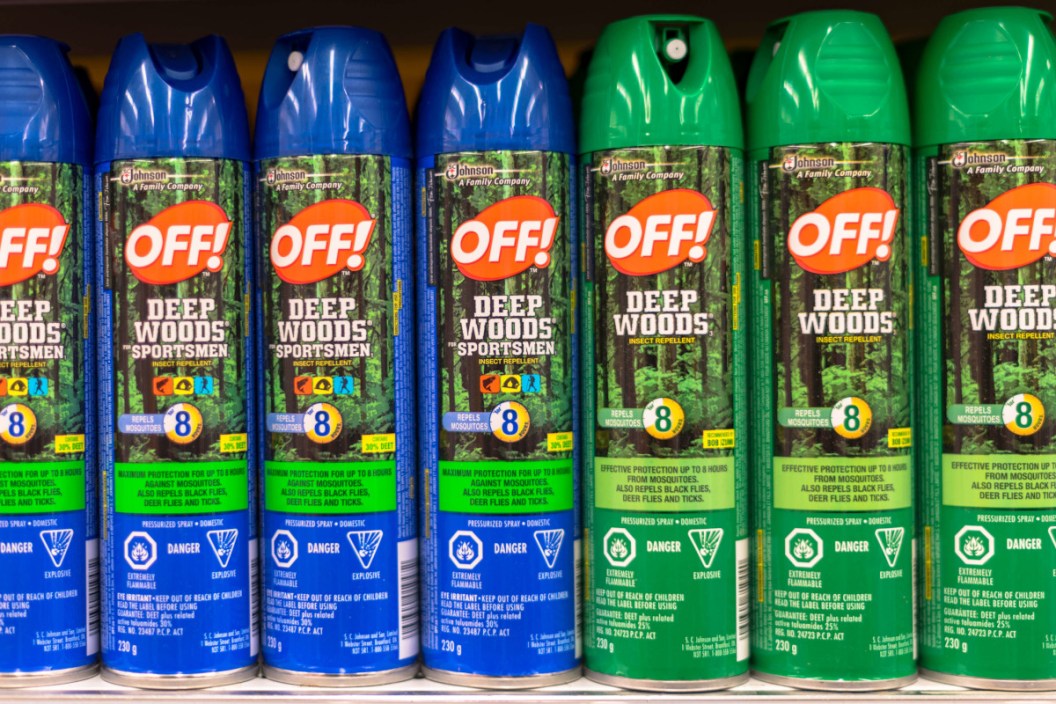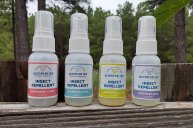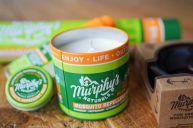All of us have likely used some form of bug repellent at some point or another. For most of us, it is a simple matter of wanting to keep mosquitos and ticks off us out in the yard, on the trail, or in the treestand. It gives us a chance to enjoy our time in the field without the worry of bug bites that can spread terrible diseases like west Nile virus, zika virus, malaria, and Lyme disease. Plus, we simply appreciate not having to endure the itchiness of mosquito bites for days until they heal. Short of giving you our picks for the best insect repellents, let's just take the time to discuss what these repellent products are made from, how they work, and their effectiveness. Biting bugs are one the biggest detriments to our love of the great outdoors. It's the only thing we don't like about summer and warmer weather finally arriving. So, does insect repellent hide us, make us taste bad, or is it something more?
How Do Insect Repellents Work?
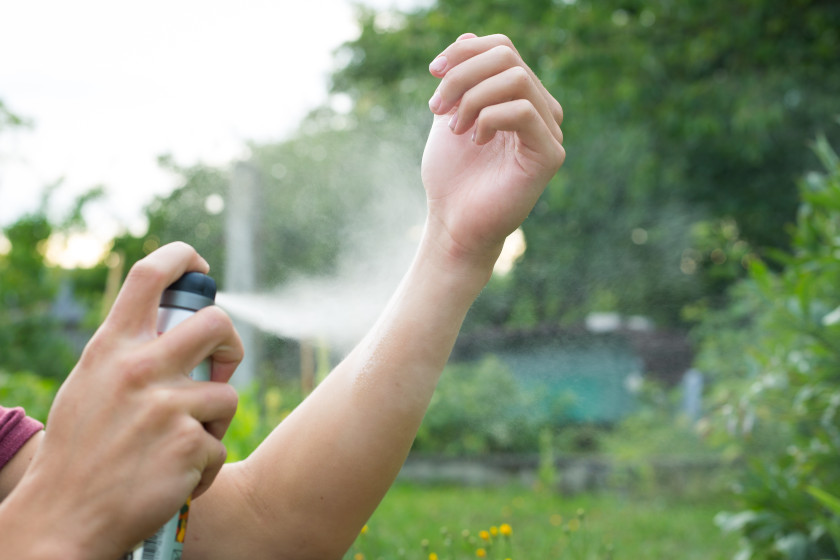
Getty Images: Khaligo
The U.S. military developed DEET back in 1946, so it's been around for some time, but until recently we just didn't really understand why it worked. One study suggested that it confuses insects by jamming their odor receptors, and an even more recent study says that it has "discovered for the first time that a taste receptor located on a mouthpart of mosquitoes is sensitive to DEET." Some scientists believed that mosquitos and other biting bugs avoided DEET because of the taste, and still others thought it was due to the dislike of the smell. Today's research seems to suggest both scenarios are likely to be right. Most of the major repellent brands like Deep Woods Off or Cutter Backwoods now use a concentration of the stuff, usually around 25 percent. Back in 2013 National Geographic reported that scientists had come up with a couple of new chemicals saying, "These chemicals—which include the tongue twisters homopiperazine and 1-methylhomopiperazine, among others—seemed to have an incredibly robust ability to mask our scent from mosquitoes."
Another new one that's quickly rising is the synthetic compound picaridin, which is quickly becoming incorporated into buy sprays and lotions. According to a report from NPR, it may be more effective and longer lasting than DEET in repelling mosquitoes. It also reportedly does a better job of keeping them from landing on you in the first place. For insects, picaridin has pungent, pepper smell that mosquitoes and other biting insects don't like.
Is DEET Safe? And The Best Options For Repellent

Getty Images: skynesher
While the EPA lists DEET as "not classifiable as to human carcinogenicity," we still don't always care to put these "chemical weapons" on our skin, especially in the direct sunshine and heat. Some of us simply don't like the smell, or how slimy it gets on a hot day. For maximum safety, we recommend following the instructions on the label of your favorite product. It should go without saying, but never apply it to sunburned areas or open cuts, or directly spraying (or rubbing) any repellent to your eyes, inside of your ears or mouth.
Still, concerns about chemicals are understandable. Which is why products with natural ingredients are becoming more and more mainstream with manufacturers staying on top of the industry to give us alternatives to some of the manmade chemicals we grew up with. Do your homework by trying multiple brands and styles of insect repellents to see which one works the best for you and your family.
According to the National Pesticide Information Center five general types of ingredients common to insect repellents are DEET, Picaridin, IR3535, Oil of Lemon Eucalyptus, and Permethrin, all of which are listed as having low to very low short term toxicity to humans. (Oil of Lemon Eucalyptus has a very high eye irritation level). While all these chemicals list eye and skin irritation, DEET is likely the best known and the best working. Permethrin is not actually an insect repellent, but rather kills bugs on contact, making permethrin infused clothing a great alternative for those who would rather not have smelly repellent directly on their skin. Insect repellent can also come in some of these organic ingredients:
- Citrus oils
- Garlic oil
- Thyme Essential oil
- Oil of Lemon Eucalyptus
- Dill Essential oil
- Cinnamon oil
- Lavender Essential oil
- Peppermint oil
- Cedar oil
After DEET, most people seem to swear by anything with eucalyptus as being the next best alternative to chemical mosquito repellents. The only other thing we'll add is to be careful about leaving any of these chemicals on the skin for longer than necessary. There have also been some cases of people having allergic reactions to DEET if it sits there too long. We recommend washing off as soon as you return home or to your campsite and you're no longer at risk of being bitten.
Some People Are Natural "Mosquito Magnets"
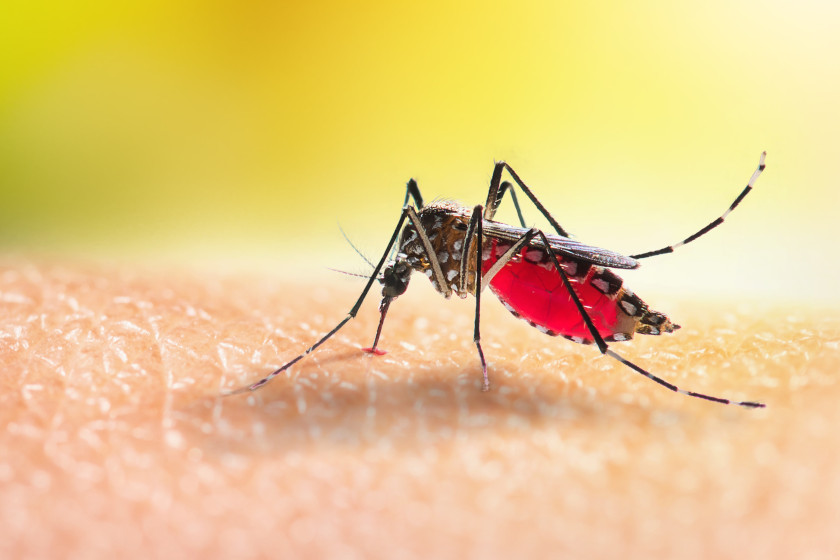
Getty Images: panom
I have type O-positive blood and I can be sitting right next to other friends and family that aren't getting touched by the same mosquitos that are demolishing me. Odds are you are or know someone who seems to be a "mosquito magnet." So, is there any truth to the idea that some biting bugs can detect certain blood types? Well, surprisingly, yes. There is a study from 2019 that shows how much more mosquitoes preferred to feed from people with type O blood than from the other blood types. In fact, more mosquitos find and land on people with type O blood than other folks. Thanks for that scientific community.
Other factors that allow the little bloodsuckers to find us are body odors, body heat, colors that we wear, and alcohol consumption. Maybe the biggest one of them all is the carbon dioxide released when we breathe, even leaving them a trail to follow. We're just going to have to face the facts: these critters have been chasing us mammals since the dawn of time and have done quite well doing it. Let's just put our heads down, pass the bug spray, and keep right on hunting and fishing!
Please check out my book "The Hunter's Way" from HarperCollins. Be sure to follow my webpage, or on Facebook and YouTube.
